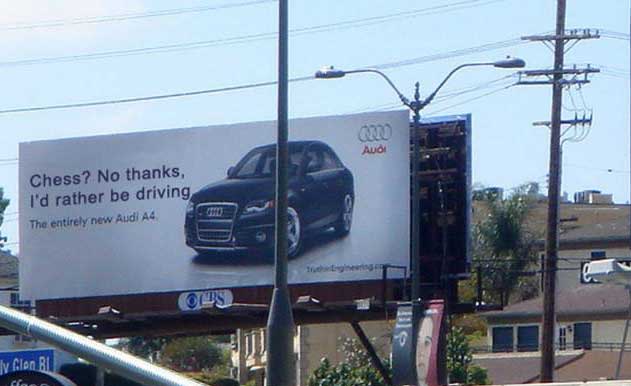
It brings to mind Ronald Reagan's "It's Morning Again in America" commercial in his 1984 election campaign.

On the vision front, the Harper team feels it has a winner with the "Strong, Proud, Free" slogan that is currently prominent on your television screen. Lester Pearson once said that "politics is the skilled use of blunt objects." Stephen Harper and Thomas Mulcair get it. It's an improvement from recent Liberal campaigns in which the party's advertising has been as anodyne as their leaders who have served as Tory punching bags. The cheeky spot has Prime Minister Stephen Harper thanking Canadians for giving him hundreds of millions in tax money for use as Conservative Party agitprop. They have more money and a bigger bullhorn because of that fine line between what is legitimate government program promotion and what is a politically partisan ad.Ĭlaiming the Tories have crossed that line with their endless Economic Action Plan promos, the Liberals, in a sly twist, are running their own ad to make the point. In the propaganda game, the Tories are advantaged. A New Democrat told me he wants his party's attack ad to be: "The Harper Conservatives – Our Bridge to the 17th Century." For their own promotion, they'll play the patriot card channelling Ronald Reagan's flag-waving or William McKinley's "Patriotism, Protection and Prosperity."Īs for the opposition parties, look for them to hit hard on what they see as the country's backward march in big policy areas on criminal justice, on the environment, on economics favouring the affluent, on war over peace and on autocratic governance. They'll go after the Liberal Leader as a green-around-the-ears Little Lord Fauntleroy who's shallower than a bird bath. "King or Chaos" did well as did "A Just Society." More recently the "Just Visiting" tag the Conservatives glued on former Liberal leader Michael Ignatieff had a telling effect.Ĭonservatives will try to pillory Justin Trudeau on the not-ready theme in the coming campaign. It may be at the expense of your competitor, but your consumers will always appreciate the candor (and, of course, the laugh)."Roosevelt for ex-President," didn't work. The lesson: There are more ways than one to get your customers’ attention and to provide solutions to all their problems. And the clever copy certainly drew the attention it wanted. And this witty campaign gave the perfect solution for customers to get the one thing Dixons couldn’t offer - the product demos. They also wanted a more affordable deal than what was on offer at high street shops.ĭixons’ online store boasted lower prices compared to its traditional counterparts. Why is it genius? Dixons perfectly understood what was important for customers when it came to buying electronic goods - they wanted to physically check how the product looked and worked. Turned out Dixons was only stating the obvious. After all, many of them did exactly what the adverts said - they checked out the products at high street stores and then went on to purchase online. While some of these high street retailers threatened to take legal action, the customers were left feeling guilty. While no names were mentioned, the cult-like following waiting in line to grab the newest Apple device is unmistakable.ĭ.uk poking fun at Selfridges and Harrods. Here’s one of their very first ads openly comparing one of its devices against Apple’s latest smartphone at the time.

But when the advertising war begins, it could be a huge drain on your budgets and resources, making it hardly worth the while.īut this hasn’t stopped Samsung from mocking its rival. Is Comparative Advertising effective? If you have a superior product, it could be quite effective in getting the message across. It’s often part of an aggressive marketing strategy and is best left for brands with an equal footing in the market as their competitor. Make no mistake, this is no friendly advertising technique.

And many times they have used comparative advertising to take a blatant jab at the American tech giant and its products.Ĭomparative advertising is when outright comparisons are drawn against a competitor, for example, using product features. Samsung has been pretty vocal about telling the world how its phones are superior to Apple’s.


 0 kommentar(er)
0 kommentar(er)
